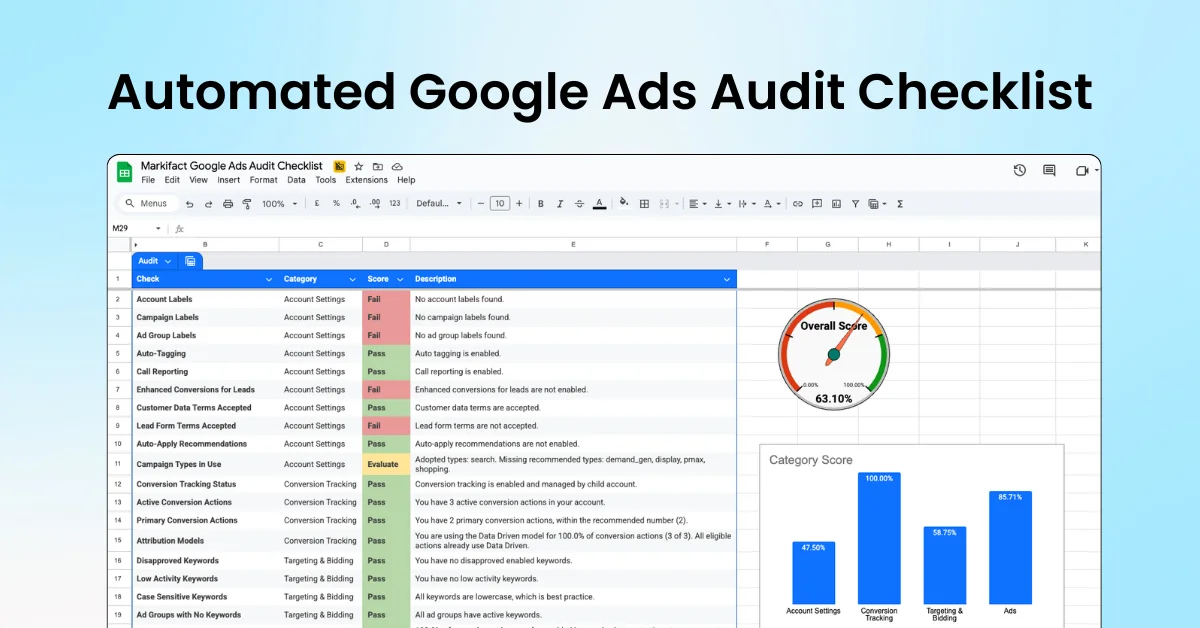Meta has decided to pause its plans to train AI systems using data from users in the European Union and U.K. due to regulatory pressure from the Irish Data Protection Commission (DPC) and the U.K.'s Information Commissioner’s Office (ICO). The DPC welcomed Meta's decision, which followed intensive engagement and concerns about GDPR compliance.
Background
Meta intended to use public content from Facebook and Instagram to train its AI, arguing it was necessary to reflect the diverse languages and cultures in Europe. Meta has notified European Facebook and Instagram users that their public posts could be used to train its AI, including its chatbot, starting June 26. In the US, public posts are already being used for this purpose. This move has raised privacy concerns among social media users.
The changes were set to take effect on June 26, but faced opposition from privacy activist organization NOYB, which filed 11 complaints with EU countries, arguing that Meta's approach violated GDPR.
Meta relied on a GDPR provision called "legitimate interests" to justify its actions. However, regulators were concerned about the opt-out process, which was cumbersome and not clearly communicated to users. Notifications about the changes were buried among standard notifications, making them easy to miss. Users had to complete an objection form rather than having a straightforward opt-out option.
Meta's Response
Meta expressed disappointment over the DPC's request, arguing that the pause would hinder European innovation and AI development. The company maintained that its approach complied with European laws and regulations and emphasized its transparency compared to other industry players.
The situation highlights the broader challenges tech companies face in leveraging user data within legal constraints. Other companies, like Reddit and Google, have also faced scrutiny and fines for similar practices. Efforts to make opting out easier are ongoing, with Google and OpenAI developing tools to allow content creators to exclude their data from AI training.
While Meta's current plans are on hold, the issue is expected to resurface after further consultation with the DPC and ICO. The ICO emphasized the importance of public trust in respecting privacy rights from the outset and will continue to monitor major AI developers, including Meta, to ensure compliance with information rights.
Conclusion
Meta's pause on using European user data for AI training underscores the tension between technological advancement and regulatory compliance. The outcome of ongoing consultations and potential changes in user-permission processes will be crucial in shaping the future of AI development in Europe.




















